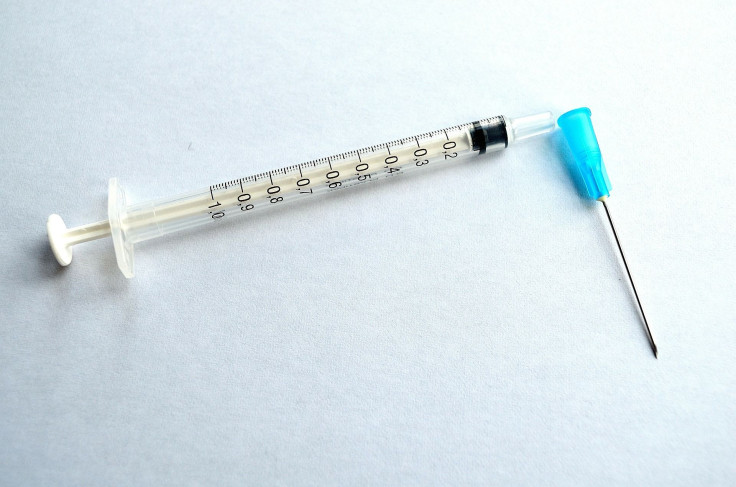Anti-Vaxxers Make Up A Large Proportion Of US Measles, Whooping Cough Cases

In news on the vaccination front, a recent analysis has confirmed that unvaccinated or undervaccinated individuals made up a large proportion of cases in measles and pertussis outbreaks. Researchers linked refusing vaccination to a higher risk for measles and pertussis, even among those who had been previously vaccinated.
Public health officials’ concern over measles, pertussis, and other vaccine-preventable diseases has risen steadily in recent years. Highly publicized outbreaks — including one originating in Disneyland in December 2014 — have alarmed the general public as well, prompting a change in California law that made it more difficult for parents to obtain nonmedical vaccination exemptions. These changes and the massive amount of scientific evidence supporting vaccination haven’t been enough to quell vaccine refusal, however.
Prompted by recent outbreaks in the United States, Dr. Saad B. Omer of Emory University and his colleagues examined the link between vaccine refusal, exemption, and delay and cases of measles and pertussis. The researchers gathered studies on measles outbreaks since the disease was declared eliminated in the U.S. on January 1, 2000 and on endemic and epidemic pertussis since its lowest incidence rate in the U.S., January 1, 1971. They also collected studies that examined disease risk associated with vaccine delay or exemption.
The team found 18 measles studies covering 1,416 cases. Over half of the individuals who came down with the disease had no history of vaccination for it, and of the 970 cases with detailed vaccination data, 574 had not been vaccinated despite being eligible. Of this group, 71 percent had been declared exempt for a nonmedical reason, for example religious or philosophical motives.
The research on pertussis outbreaks collected the vaccination status of 10,609 infected individuals. Unvaccinated or undervaccinated individuals made up 24 to 45 percent of those caught in the five largest epidemics. Undervaccination occurs when a person gets fewer doses than recommended for their age. Worryingly, several lesser outbreaks also occurred in highly vaccinated populations, which researchers said may indicate waning immunity.
“This review has broad implications for vaccine practice and policy,” the authors wrote. “For instance, fundamental to the strength and legitimacy of justifications to override parental decisions to refuse a vaccine for their child is a clear demonstration that the risks and harms to the child of remaining unimmunized are substantial.”
Curbing individual freedom in the form of mandatory vaccination can come only after careful consideration of the magnitude of the risks of forgoing vaccination, the researchers note. So far, research has consistently shown these risks could be considerable.
Source: Phadke V, Bednarczyk R, Salmon D, Omer S. Association Between Vaccine Refusal and Vaccine-Preventable Disease in the United States: A Review of Measles and Pertussis. JAMA. 2016.



























